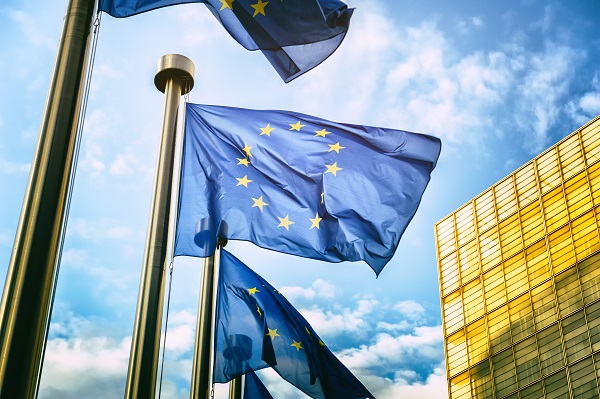EU project ‘e-SENS’ successfully completed

The e-SENS (Electronic Simple European Networked Services) project officially ended on 31 March 2017. Its results enable the provision of cross-border e-Government services, thus contributing to strengthen the EU’s Digital Single Market.
The project launched by the European Commission started in April 2013. It involved over 100 public and private actors from 22 European countries. The job of e-SENS was to develop a pan-European digital infrastructure providing generic IT solutions for cross-border e-Government services. These digital public services are supposed to be available for use by citizens, businesses and administrations in order to facilitate cross-border public processes within Europe.
e-SENS’s technical developments were tested and validated in a variety of policy domains:
- In the field of e-Procurement, for example, a successful exchange of information between different national tendering systems has been made possible. Germany’s contribution to e-SENS has been the ‘X-Vergabe’ communication interface.
- In addition, e-SENS has contributed to facilitate access to low-cost health services for European citizens in other European countries. The e-Confirmation pilot has shown that health insurance entitlements of patients can be checked in real time.
- European companies have further benefited from streamlining business registration processes, which facilitates the expansion of their activities to new markets.
These are just some of the successful e-SENS activities. More information on other success stories can be found at: www.esens.eu
It is planned to maintain and regulate the outcomes of the e-SENS project in the long-term. The Federal Office of Administration (BVA) has made a contribution to the sustainability of the e-SENS results by developing a proposal for a European IT governance model and a legal framework. Currently, a major part of the e-SENS results are maintained in the framework of the ‘Connecting Europe Facility’ funding programme. The governance model developed in e-SENS is supposed to ensure the sustainability of project results and other European IT solutions beyond the term of the funding programme (2020).
The e-SENS results are not only used within the ‘Connecting Europe Facility’, but also in other projects. A current European project where the BVA has a leading role is the ‘Once Only’ Principle Project (TOOP). For more information see: www.toop.eu